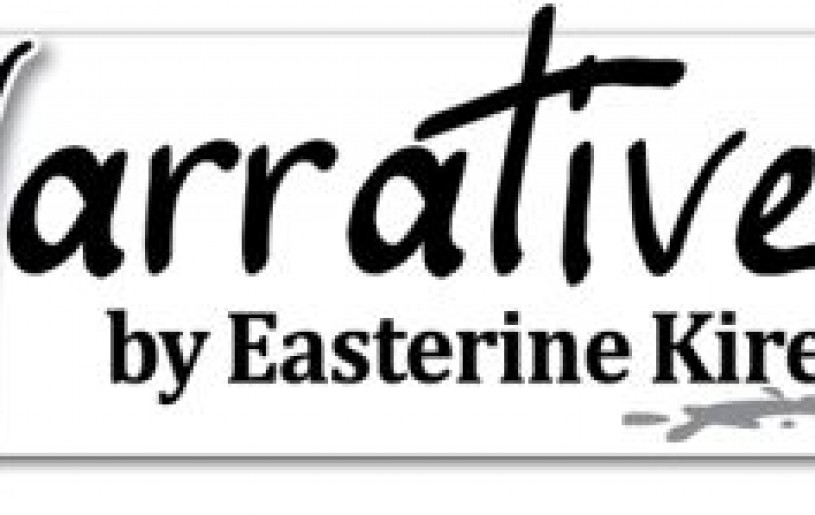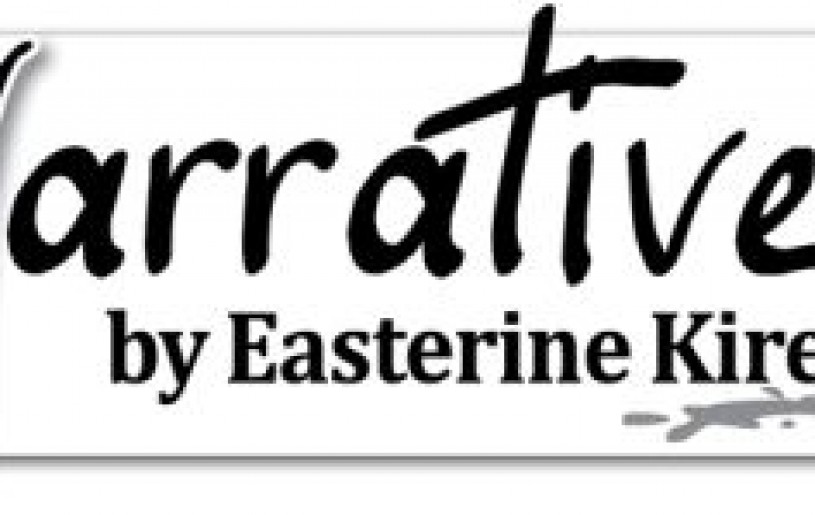
A friend made a remark that in India we now have the politicization of food. He was referring to the restrictions on cow slaughter in Maharashtra. In the mid-nineties, Pune city had markets where the best quality beef was available from Muslim butchers. Pune used to pride itself on its liberalism because even in that period, the Shiv Sena was imposing bans on cow slaughter in Bombay. In today’s Delhi, Northeasterners laughingly refer to ‘buff,’ as beef is no longer available. (Buff, I was told, is buffalo meat, which is the replacement for beef). Nor is it any longer politically correct to mention beef as an item of food in certain circles. Especially not since India internationally shamed itself over the killing of a man accused of eating beef.
Politicization of food has been going on for a long time in India, and India is not the only country doing this. A couple of years ago, Tesco, a Britain based multinational grocery and general merchandise retailer faced demonstrators who wanted them to remove all Israeli food products from their shelves. The demonstrators were pro-Palestine. Prior to that, another big protest was that western food stores should provide halal meat to its growing immigrant population from the middle east. This was hastily done and it became normal to find halal chicken in the meat section. It didn’t really taste all that different from chicken killed in the non-halal way. At the same time, products like bacon, ribs, chops, were no longer highly visible. In some stores, they were pushed into the corner shelves, and customers had to search diligently or get assistance. I’m not sure if it was part of company policy to avoid offending their Muslim customers. Only fish products seemed to be politically non-offensive. At least there were no religious restrictions on eating fish, and it is still quite politically correct to be seen buying fish or selling fish. Just as a matter of interest, there is a tribe in Kenya that cannot eat fish because the fish is their totem, but they are a small tribe and not likely to have much success if they tried to restrict others from eating fish.
The interference with others’ dietary habits should be treated as a serious offence. Freedom to eat food of one’s preference should be included in the Fundamental Rights of citizens in the Indian constitution. Is that important? Yes. Because racist behavior is also being defended on grounds of food. Food habits as a reason for racist treatment of Nagas and Northeasterners living in Indian cities is a reality. A Naga student in Maharashtra was taken aside by his teacher and told, “Your food is growing in my garden.” The teacher led the mystified student to a corner in his garden where a stray dog had birthed four or five puppies. Although this incident was innocuous enough, there were newspaper articles on Naga and Manipuri dog-eating habits in the Pune newspapers which did nothing to endear Northeasterners to the public.
It’s very sad that politicization of food is being allowed to destroy one of food’s greatest qualities – the ability to bond people. Discovering the eating habits of another tribe or race is one of the exciting points of cross-cultural exchanges. Whether one develops great liking or dislike for the food of another culture, it still provides a unique meeting point. Politicizing of food takes away those opportunities of meeting, sharing and bonding. It permits suspicion and prejudice to enter even the hitherto largely innocent arena of food. A decade and a half ago, the University of Pune held a food festival where students from Afghanistan and Iran, Eritrea, Ghana and Sri Lanka prepared and sold their national food. Barbecued beef rolled in a mango masala mix was a favourite among the student crowd, a mix of Indian and international students. The student-cooks happily shared their recipes and spices with eager customers. New friendships were formed over barbecued treats, and cultures came together when they found things they had in common such as an appreciation for each other’s food.
Why ruin a good thing? One can only hope the party in question will not think up restrictions on limits for food smells. If it does, Naga food, you are well and truly doomed!






